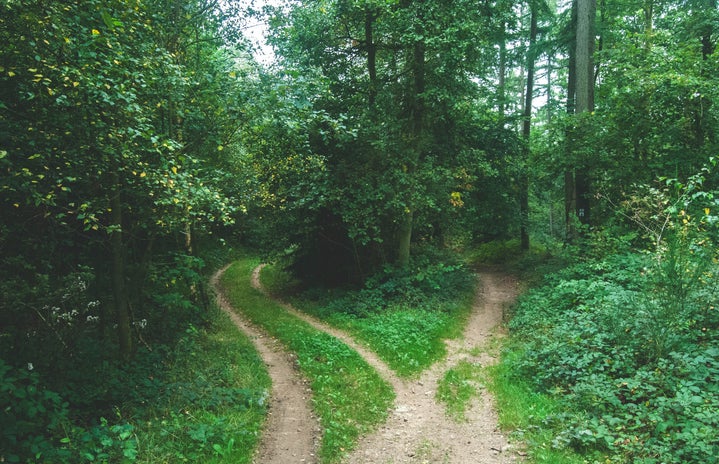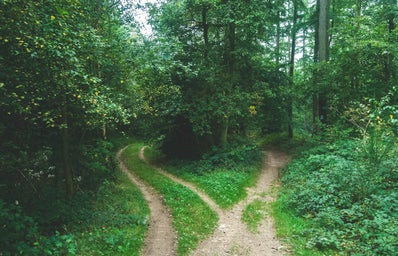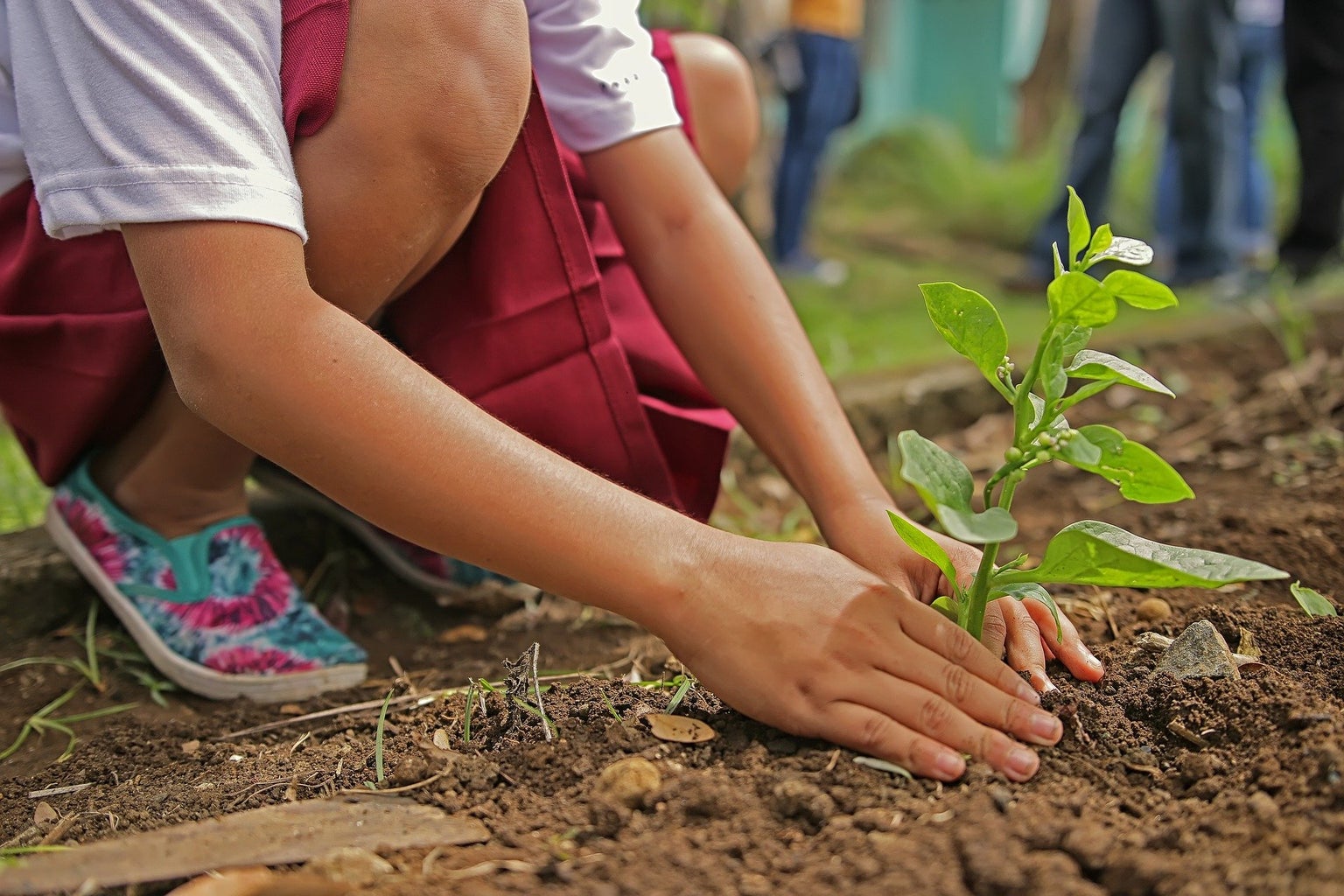Alexis Nikole Nelson posts bubbly, educational, and slightly chaotic foraging videos on Tik Tok under the handle @alexisnikole, and on Instagram with the handle @blackforager. Her excitement as she forages for wild foods on her outdoor adventures is contagious. With over 3 million followers on Tik Tok, Nelson has become known for her videos, in which she collects different types of plants and mushrooms, describes how to identify the safe-to-eat ones, and shows how to cook and prepare vegan meals with the ingredients. Her videos contain plenty of jokes and she often sings her words, while ending most of her videos with the catchphrase “Happy snacking! Don’t die!” Past videos she has created include vegan bacon made from acorns, puffball-mushroom pizza bagels, and cookies using lilac petals.
For Nelson, informing the public about foraging isn’t just about finding unique ingredients to transform into meals in a wallet-friendly way. It’s also about reconnecting with indigenous and Black practices and preserving the cultural practices that are threatened by ideas like land ownership and industrial food production. In an interview on Ted Radio Hour, Nelson described how “when a lot of Black folks were still enslaved, there was a whole lot of knowledge trading between Black folks and Indigenous folks.” She also discusses how this helped people who were enslaved obtain more food and secure more control over their food sources, but a lot of this knowledge was lost following emancipation when land became increasingly private or regulated and many Black people migrated from the South to cities during The Great Migration. Over time, practices like mushroom hunting and eating plant-based diets have become whitewashed and Westernized. As knowledge and greenspaces dwindled, many folks only had access to processed or non-local sources of food. Today, in a time where racial discrimination and the policing of Black people doing everyday activities is still common, Nelson shows that there is power in practicing foraging traditions and obtaining food outside of commercial sources, using materials that many might consider useless or weeds.
Foraging also has a positive environmental impact. As Nelson said in an interview with Bon Appétit, “Access to tomatoes year-round means they’ve got a higher carbon footprint because they traveled thousands of miles to get to your plate.” While most of her videos are about foraging in suburban areas in her home state of Ohio, it is important to note that she also advocates for buying food locally for those in more urban areas who may have less access to foreagable greenspace.
Nelson’s platform has grown dramatically in the past few years. She was recently featured in Forbes’ 30 Under 30, and she is currently working on writing a cookbook to share more of her recipes with the world. In July of last year, she was also featured in the New York Times along with Larry Gholston, who forages for pokeweed and holds an annual Poke Sallit Festival, and Fuschia-Ann Hoover, who wrote “A Black Girl’s Guide to Foraging.” In essence, it’s safe to say that Nelson’s infectious enthusiasm has gained popularity and helped other Black foragers gain recognition and spread their knowledge.
If you, like many others, are inspired to try foraging for new ingredients to try in meals, remember to do so in a safe and responsible manner! Please do your research to make sure you know how to correctly identify different plants and mushrooms, how to collect them in a way that is respectful to the people native to the land, and how to prepare them in a safe (and delicious!) way.



